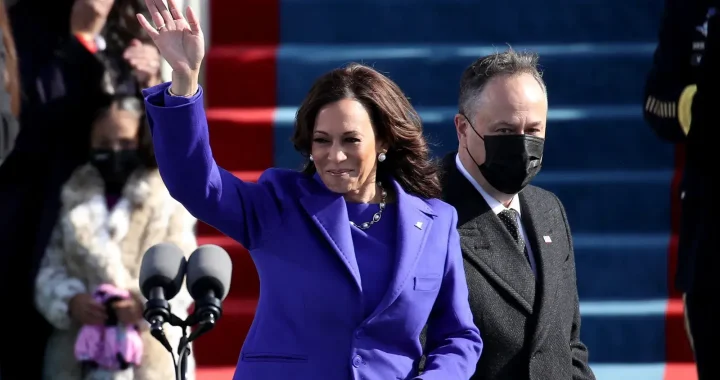Apple Removes WhatsApp And Threads From China App Store

Apple Removes WhatsApp From China App Store
Apple removes WhatsApp from China App store, alongside Meta’s Thread. This was revealed by online polls that were conducted.
Apple has removed two of Meta Platforms’ popular apps, messaging service WhatsApp and social network Threads, from its mainland China App Store as part of the US tech giant’s efforts to comply with the country’s stricter internet regulations.
According to a search conducted by the Post on Friday, all traces of WhatsApp, the world’s most popular messaging app with more than 2 billion monthly active users in 2023, and Threads, which has grown in popularity on the mainland since its launch last July, have vanished from the domestic App Store.
According to Apple, Chinese regulatory authorities ordered the removal of the two apps due to national security concerns.
In a statement quoted in a Wall Street Journal article that first revealed the information, Apple stated, “We are obligated to follow the laws in the countries where we operate, even when we disagree.” “You can still download these apps from all the other storefronts where they are available.”
“We refer you to Apple for comment,” Meta said in an email statement. On Friday, an inquiry for comment from Apple was not immediately answered.
According to a Friday Bloomberg report, Apple’s mainland App Store has also removed two additional messaging services, Telegram and Signal.
In the midst of tensions between Washington and Beijing, Apple’s most recent actions at the request of Chinese authorities demonstrate how the US company continues to navigate changing mainland regulations.
Based in Cupertino, California the latest government policy, which mandates that all domestic apps be licensed before they can be made available on the mainland App Store, was reflected in Apple’s October update to the guidelines on its Chinese app developer website.
This policy essentially mandates that all applications be hosted locally and use a mainland domain.
Apps intended for mainland users must meet a number of censorship policies and standards, including updated data transfer regulations, in addition to obtaining an Internet Information Provider licence from Chinese regulators.
On the mainland, there are additionally more stringent licensing procedures for apps that contain content about video games, books, magazines, religion, and news.
In August of last year, Apple removed over a hundred apps that provided services similar to ChatGPT from its China App store in anticipation of the enactment of new domestic regulations regarding generative artificial intelligence.
READ ALSO: 3 Teenagers Shot After Man Opens Fire In Las Vegas Neighborhood
 Breaking News – Kamala Harris Declares Intention To Run For Presidency
Breaking News – Kamala Harris Declares Intention To Run For Presidency  Obama joins Democrats urging Biden to ‘Reconsider’ Campaign
Obama joins Democrats urging Biden to ‘Reconsider’ Campaign  Eric Trump Demands Answers from Secret Service Director
Eric Trump Demands Answers from Secret Service Director  Europe Should Prepare for President JD Vance
Europe Should Prepare for President JD Vance  Is Anywhere Safe for Paul Kagame’s Critics?
Is Anywhere Safe for Paul Kagame’s Critics?  RNC Address Beef: Amber Rose Fires Back At Joy Reid
RNC Address Beef: Amber Rose Fires Back At Joy Reid  Biography Of Kamala Harris, Her Early Life, And Road To Presidency
Biography Of Kamala Harris, Her Early Life, And Road To Presidency  Top Achievements Of President Joe Biden You Might Have Missed
Top Achievements Of President Joe Biden You Might Have Missed